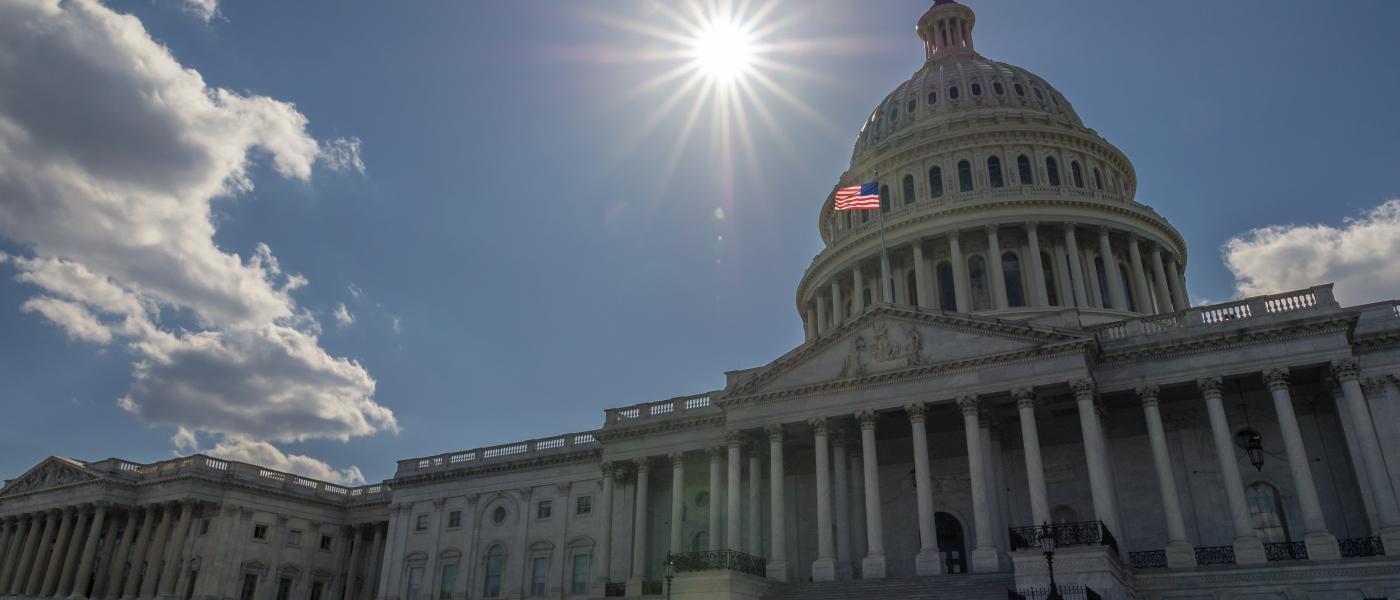Nobody has suffered serious legal consequences for actively welcoming—some say aiding and abetting—Russian interference in the 2016 and 2020 elections, or for having asked the presidents of Ukraine and China to similarly interfere. One reason for that is that many forms of U.S. participation in foreign interference are perfectly legal. With both foreign adversaries and their potential U.S.-based accomplices having taken notice of this lack of accountability, attacks on U.S. elections will become a dangerous new normal if Congress does not make it a crime. And the time to do so is now, as part of legislative plans to codify important norms that have been ignored or broken in the past few years.
It makes sense that George Washington warned in his farewell address about the “insidious wiles” of foreign influence. Autocrats invent and exploit cunning ways to secure political power, finding creative pathways to interfere in elections at home and abroad, often through some degree of legal participation by people within the target country. Kremlin-connected oligarchs funnel money to preferred political parties across the globe and run secret influence campaigns on social media and through fringe media outlets. Russian intelligence launders disinformation through lawyers and lawmakers. President Donald Trump asked Russia to hack the emails of Hillary Clinton, pressured Ukraine to investigate Joe Biden, and begged China to buy farm products in swing states and to investigate the Bidens.
Given that foreign interference in U.S. elections comes in many forms, so, too, must effective defenses. Unfortunately, the current U.S. legal framework governing political campaigns was not built to root out or deter foreign interference in elections.





